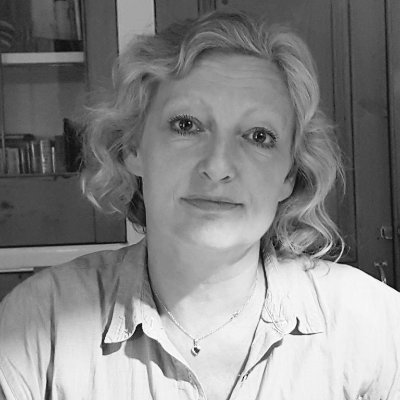We made it! Knocking on the door or ringing the bell, we arrive at our chosen therapist's practice. Or, today in lockdown, perhaps joining our online session from the comfort of our own home.
For most of us this is an uncertain time; even though we by now will have prepared ourselves for what to say and will have chosen this therapist based on the discipline and approach most suitable for us and our issues, we will still feel a little anxious about this personal journey that lies ahead. Questions whirl around the mind - perhaps we are filled with a mix of excitement and apprehension. What will therapy be like and what is the therapist like? Will they be taking notes as we talk, like on TV? What will be expected of us and how is our conversation going to help us?
In some ways it feels like a first date; we are venturing into the unknown with uncertainty, the questions we have and nervousness we feel are very similar.
The door opens and our therapist greets us. The door opens wider as they invite us inside. But there has been no handshake, no physical touching, and there are reasons for this. Touch can be misinterpreted, even a handshake. Think about the places we take handshakes for granted, the relationships we establish with a handshake. It can signify a kind of power play - how firm is the grip, is their hand on top or is ours? Books have been written on the interpretation of handshakes. In therapy a handshake will only be acceptable if it is the client's hand that reaches out first.
As we nervously take a seat in the comfy chair that most therapists provide, we look for a sign that we should talk. Or we talk looking for a sign that we should stop. Any sign to let us know what is expected is gratefully received.
Most of my clients have been pretty nervous as they take a seat in that first session. Some have struggled to talk, not knowing how to express their thoughts in a linear manner, believing that a life story should be told as if reading a novel. Some find that snippets of memories jump from one situation to another, giving the impression that their hard drive has been scrambled. Others try hard to find the words for what they are longing to express yet struggle because words simply are not enough. Some have not been able to stop talking, spilling out every little bit that they have managed to keep locked away in the emotional cabinet of secrets and traumas for far too long. As they open the cabinet, everything comes tumbling out.
However we tell our story in that first session, we have done what needed to be done - we have opened the door, even if just a little, to this fascinating individual landscape that we will be travelling across with our therapist over the coming weeks and months.
It never mattered how my clients managed to deliver their experiences, how they told their story; what mattered was that they had found the courage to begin their journey.
The therapist carries on to the next stage of the first session, but we hardly hear it as our thoughts are turning over with our reasons for being there; wishes for a better life get mixed in with the therapist's explanations of the rules and boundaries of therapy. How are we supposed to keep hold of all this information? We might begin to wonder what the therapist is expecting of us. Questions we hadn't even thought about come tumbling in and blurs our focus.
In our daily lives we are used to knowing the protocol of behaviour, manners and routines, dos and don'ts. But here, in this therapeutic space, we have no idea. This isn't the usual place of work, social gathering, shopping experience or the holiday destination where we know the expected and accepted behaviours. This is something completely different and it might be good to remember the following:
- We are the one hiring the therapist, they are not hiring us. It is a collaboration between us and the therapist that we are paying for. This means we need to notice how we feel in this session and how well our stories are received. Bear in mind that this is not a friendship we are hiring either, it is a specially trained professional.
- Don't try to please. If we try to second-guess what our therapist's reaction is going to be, what they are thinking of us, or focus on staying on the right side of them, we won't be able to communicate our reason for being there. Trying to please others could be part of the reason we are seeking therapy. If this is so and we know about it, our therapist will want to hear us talk about it.
- The therapist is not the expert on us, we are. The therapist has training in theory, interventions and methods, along with experience in working therapeutically with people
like us. They have knowledge about human behaviour that will assist us in moving on with our lives. They do not hold expert knowledge on our inner landscape, it is only us who have these architectural drawings and it is up to us to show our therapist this space.

